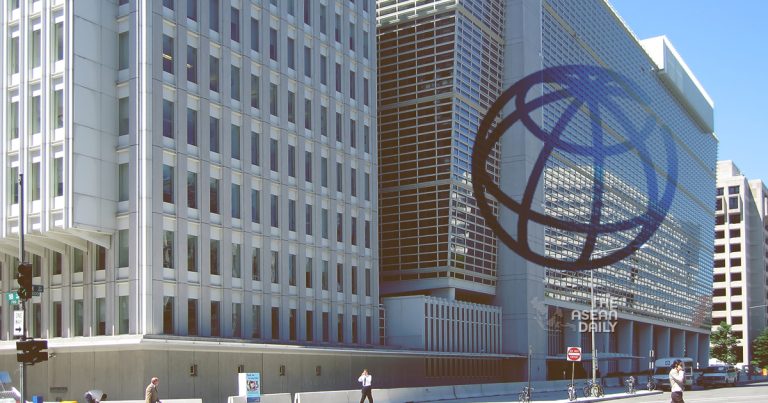14-9-2023 (JAKARTA) Environmental advocacy groups have formally lodged a complaint with the World Bank, accusing it of violating its commitment to discontinue funding for fossil fuels by providing financial support for two coal-fired power plants in Indonesia.
The International Financial Corporation (IFC), the World Bank’s private sector subsidiary, indirectly supports the Suralaya coal-fired power complex through its equity investment in Hana Bank Indonesia, one of the project’s financiers, as alleged by a coalition of environmental organizations on Thursday (Sep 14).
The Suralaya power plant, already the largest in Southeast Asia with eight operational units, is planning to construct two more units, which could result in emitting 250 million tons of climate-warming carbon dioxide into the atmosphere, according to a letter sent to World Bank compliance ombudsman Janine Ferretti by the coalition of green groups.
The letter also highlighted the harm being caused to local communities, including forced evictions of those living on the project site. The complaint was submitted on behalf of local grassroots organizations by Inclusive Development International, a US-based non-governmental organization.
Despite the IFC’s commitment to cease investing in coal in 2020, it still retains stakes in financial institutions, like Hana Bank, that have coal-related investments, provided they have plans to phase out their exposure. This year, the IFC updated its rules, stating that its financial clients must commit to refraining from “originating and financing any new coal projects from the time IFC becomes a shareholder.”
The Centre for Research on Energy and Clean Air (CREA), based in Helsinki, reported on Tuesday that the Suralaya power complex has significantly impacted air quality in the region, incurring over US$1 billion in annual health costs. CREA also linked the complex to hazardous smog in the capital city of Jakarta, which ranked as the world’s most polluted city in August.
PT Indo Raya Tenaga, the developer of the Suralaya power plants, has announced plans to incorporate ammonia along with coal to power some of the new capacity in an effort to reduce emissions. However, the company has not responded to requests for comment.
According to the Global Energy Monitor think tank, Indonesia was one of 11 countries that commissioned new coal plants last year. The country’s total coal-fired capacity reached 40.6 gigawatts in 2022, a 60% increase since 2015, with an additional 18.8 GW under construction. This makes Indonesia the third-largest country in the world for coal-fired capacity under construction, trailing only China and India.
In November of the previous year, Indonesia became the second country to enter into a Just Energy Transition Partnership (JETP), which aims to provide US$20 billion in funding to help reduce the nation’s dependence on fossil fuels. However, the announcement of investment plans under JETP has been delayed. The partnership compels Indonesia to impose a moratorium on new coal-fired power plants, with exceptions for “captive” plants serving other industrial facilities.




